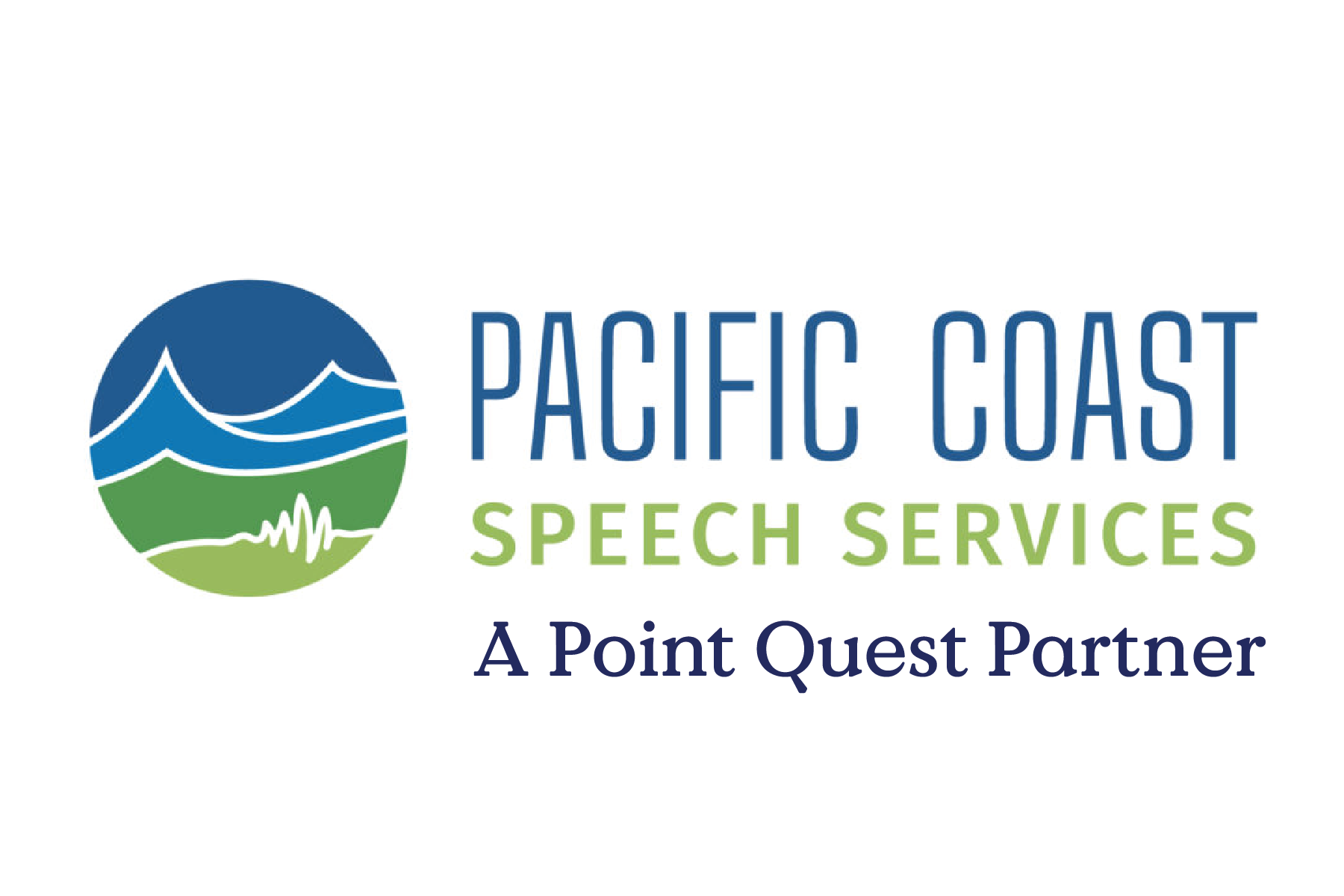Featured Article – A Taste of Neurodiversity by Louise Valente, Pacific Coast Speech Services Co-owner

The pendulum is swinging – again. Clinicians who have been in practice for twenty years or more remember the ’90s, when we shifted our practice toward intentionally teaching “social skills” and “perspective taking” to students on the autism spectrum. I remember when a teacher complained to the principal that the SLP wanted to observe the student on the playground and in her classroom. Was this really our scope of practice? Why couldn’t we test in our own room instead of observing him in HER space?
Now, we are questioning our “old methods” of shaping students into neurotypical communicators. Among the questions we’ve been asking are: What is masking, and what is the impact? How do we identify the client’s goals and support them in critical life skills such as self advocacy and executive functioning? What does the ASHA Practice Portal report on the evidence?
Like you, I am at the “baby steps” level of understanding how considering neurodiversity might modify my approach. I’m not there, if there is a there, but I am improving. Pendulum swings are GOOD – the key is to learn more every day and broaden our lens. As SLPs, we will be leaders in this shift – let’s learn together!
As small steps toward a balanced approach, here are some articles to consider:
The Therapist Neurodiversity Collective: Includes some sample goals
Two Sides of the Spectrum Podcast
Supports and Resources from Autism Level Up: Supporting Self-Advocacy and Emotional Regulation
A Dynamic Assessment of Social Emotional Learning by Chris Wenger/Speech Dude
Featured Parent Resource: School vs. Private Practice Speech Therapy
As school speech pathologists, we have all had parents ask whether they should enroll their child in outside services.This is a delicate question which demands a precise answer! Autumn Bryant has a free resource on her TPT store that compares school vs. private services. Her explanation of SLP training, focus of services, eligibility, and pros/cons would be a terrific addition to your school SLP toolkit. You need to sign in to TPT to access the document, but then the download is free.
Detailed Instruction on How to Run a Student Coffee Cart

Have you dreamed of starting a coffee cart “business” to improve functional communication opportunities for your students? Nicole, one of our incredible SLPs, worked with her SDC teacher, Courtney, to create the cheery cart above. They cruise through the halls with students at the helm, fulfilling orders entered using a QR code. Students pre-plan the drinks using their AAC devices. Authentic social-communicative customer service interactions, peer collaboration, and good coffee. WOW!
Have you always wanted to get this started at your site? Nicole has generously shared their recipe for success, including inventory and methodology. The school district has already featured the cart on their social media. Kudos to Nicole and Courtney!
Featured Resources: Measuring Social/Academic Impact of Speech Production Issues
In thinking about eligibility for articulation errors, we are told to consider academic/social impact. How do we measure this from the perspective of the learner? Here are some great tools for dynamic assessment:
Student Self Rating Scales for Articulation, Phonology, and Stuttering
Research Article with Questions for Parents, Students, Teachers and Siblings
Jokes for Kids (and adults)!
On what day are most twins born? On a TWOs-day!
How did the cowboy cross the ocean? On his seahorse!
How do you catch a fairy? By its fairy tale!
What’s an astronaut’s favorite key on the keyboard? The Space Bar!




